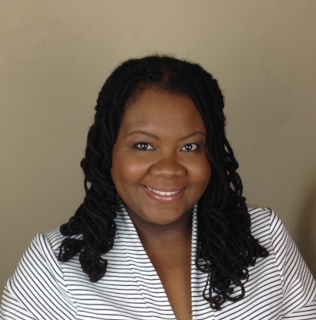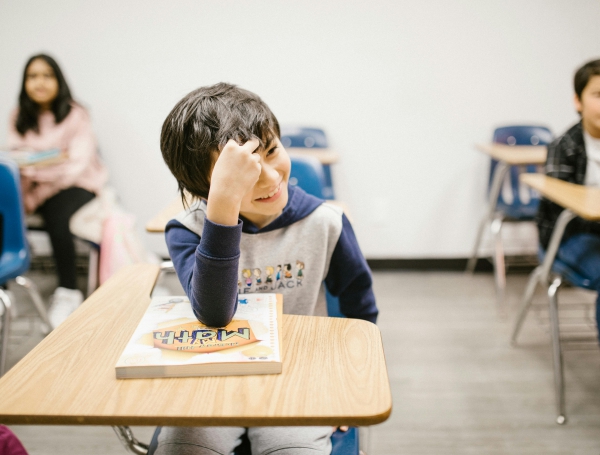

How to Stop Making the Same Behavior Management Mistakes Year after Year
June 10, 2018
Have you ever reached the end of the school year and felt like it was all a blur?
I know I have. Especially when I’ve dealt with a behaviorally difficult student or class.
I was so glad to be out of that situation, that I happily let go of everything about that challenging school year and focused on how I would spend my summer break.
And that was great…for a while.
Until I found myself repeating some the same behavior management mistakes in my classroom year after year.
I was making the same mistakes at the beginning of the school year. I still was not prepared to manage the behaviors of my classroom. I had not taken the time to get myself and my class framework in order prior to teacher planning. I guess I hoped that the previous year was a fluke and it would be better this year.
I was making the same mistakes in the middle of the school year. I got caught up in the grind of teacher life and it was difficult to find the time to make the changes needed to motivate and maintain desired student behaviors. The worst part was that I was facing similar misbehaviors with no strategy or plan in place to diffuse them.
And of course, I was making the same mistakes at the end of the year. I was so tired and frustrated with the behaviors that I just hung on for dear life. O Summer, where art thou?
Knowing I couldn’t continue in this self-defeating cycle, I began searching for solutions. And that’s when I found a tool that successful people have been using for ages.
Successful people have tapped into the power of reflection.
The truth is that learning and retention comes not from living, but from reflecting upon our actions and experiences.
“Whatever is not reflected on is usually not retained"
When I started teaching, no one ever told me about the importance of reflecting on the activities, strategies and social culture of my classroom. It wasn’t until I was considering leaving the field of teaching that I learned about the benefits of reflection.
Since that time, over 16 years ago, I have made reflection a regular part of my end of year checklist as an educator.
End of Year Reflection helps me to:
- Look at situations with a different perspective because I am calmer and can think things through from different angles.
- Be aware of what worked, what failed and what needs improvement.
- Plan my next steps and accomplish my goals for the school year.
The benefits you receive from looking back at your school year are worth the time investment. You will learn a lot about yourself as a person and as a teacher.
Here are some questions to reflect on at the end of the school year.
Intentions:
What were my behavior and social intentions for my class this year?
Did I meet them? Why or why not?
Disappointments:
What behaviors and situations disappointed me this year?
Was I disappointed in myself?
Did any of my disappointment come from the leaders in my school? How so?
Challenges & Struggles:
What behavior challenges did I face this year?
What behaviors caused me to struggle?
My Response:
How did I respond to the disappointments, challenges and struggles?
How did my response affect my teaching?
How did my response affect my life outside of school?
Strategies:
What behavior strategies and interventions did I use this year?
Which ones would I keep?
Which ones would I stop using?
Which ones would I develop a little more?
The Victories:
What student behavior victories did I experience this school year?
When did things start to turn around?
3-5 Lessons I learned from this year:
The behavior management lessons I learned this year ……
When you are ready, set an appointment on your calendar to complete these reflection questions. My advice is to schedule some time in the last week of school or no more than 7 days after the last day of school.
At the end of your reflection pages or journal entry, write a summary of what you will do differently in the following school year. Use your reflection answers to be as specific as possible.
Then put your pages away for safe keeping so that you can pull it out later and use it as a guide at the end of the summer.
Following the advice from your summary will break the mistake-cycle you have been repeating in the area of behavior management.
Reflection is key to retaining what you have learned.
Implementation is crucial for change.
Looking for courses related to this topic? Check out The Heritage Institute's Continuing Education Courses for Teachers, Online Professional Development for Teachers related to Behavior Management:

This guest post was written by Michele Holiday and was originally published on her website at www.feedtheirneeds.com. For a free download of her journal pages for this post click here.
Michele is a Behavior Coach and Trainer. She helps teachers manage their classrooms and student behaviors. She also helps schools reduce behavior incidents and referrals by equipping their teachers with strong classroom and behavior management skills.
Visit her website for more posts in her Behavior Strategies Series where she focuses on the 4 main functions of behavior and what you can do to prevent them from taking over your classroom.




